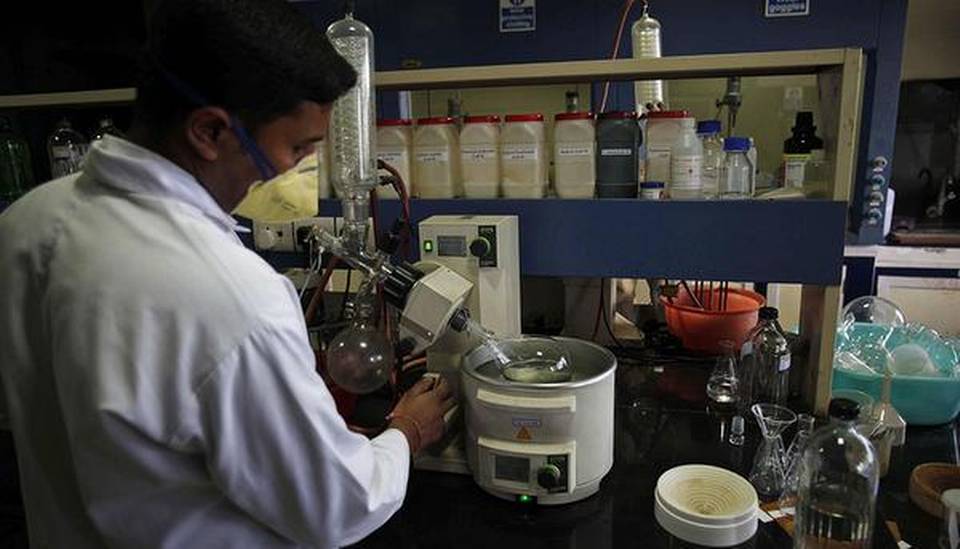World-First Seven-Minute Cancer Treatment Jab
The UK’s National Health Service (NHS) has gained approval from the Medicines and Healthcare products Regulatory Agency (MHRA) to offer an “under the skin” injection treatment for cancer using the immunotherapy drug atezolizumab. This revolutionary approach aims to dramatically cut treatment times by up to 75%. Atezolizumab, usually given intravenously via a drip, can take around 30 to 60 minutes, making vein access challenging for some patients. The new injection method takes only seven minutes.
This advancement is expected to provide enhanced convenience for patients and allow cancer care teams to treat more patients throughout the day. Atezolizumab, developed by Genentech, empowers patients’ immune systems to target and eliminate cancerous cells. The NHS’s pioneering move has the potential to transform cancer treatment on a global scale.
How will the introduction of the “under the skin” injection impact cancer treatment in the UK?
The NHS’s adoption of the innovative injection treatment using atezolizumab is expected to revolutionize cancer care by significantly reducing treatment times. The shortened administration process will enhance patient convenience, improve access to treatment, and allow cancer care teams to attend to more patients efficiently.
What is atezolizumab, and how does it differ from traditional cancer treatments?
Atezolizumab, an immunotherapy drug developed by Genentech, empowers a patient’s immune system to recognize and combat cancer cells. Unlike conventional treatments like chemotherapy, this immunotherapy approach harnesses the body’s own defenses to target and eliminate cancerous cells.
What challenges does the new injection method address for cancer patients?
The traditional intravenous administration of atezolizumab can take up to an hour, posing challenges for vein access and time management. The new “under the skin” injection method reduces the administration time to about seven minutes, making the treatment more convenient for patients and allowing medical teams to optimize their schedules.
How might the adoption of this injection method influence cancer treatment globally?
The NHS’s pioneering use of the “under the skin” injection for cancer treatment sets a precedent for more efficient and patient-friendly approaches to therapy. If successful, this innovative method could inspire other healthcare systems globally to explore similar advancements, ultimately benefiting cancer patients worldwide.
How does the injection approach align with the broader trend of personalized medicine?
The injection method aligns with the trend of personalized medicine, as it streamlines treatment by providing a patient-centric approach. By reducing administration times and offering a more accessible option, this innovation exemplifies tailoring treatments to patients’ needs and preferences.
What are the potential implications of this advancement for future cancer research and treatment strategies?
The success of the injection method could spark further research into efficient drug delivery methods and encourage the development of more patient-friendly treatments. It might prompt a reevaluation of traditional treatment routes and inspire the integration of innovative approaches to cancer care.
Month: Current Affairs - August, 2023
Category: International / World Current Affairs • Science & Technology Current Affairs








